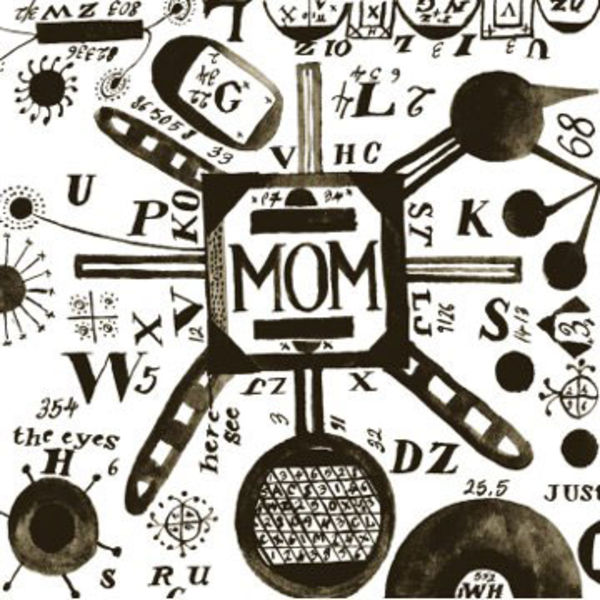Mouse on Mars have developed a reputation for churning out schizophrenic music. From freeform electro-jams, ambient drawls, eccentric dance numbers, often all crammed into the same record, their creativity has yielded omnivorous music that’s as peculiar and and evocative as their name. Parastrophics is their tenth studio release, and first on fellow countrymen Modeskeletor’s Monkeytown label. It finds them as unfettered by convention as ever. Combining elements of experimentalist post-rock, IDM, techno and electro-pop, they’ve gone and built a record that few others would attempt.
The album’s name refers to the strophic form, which is characterized by repetition of the verse-chorus blueprint. So the title literally translates to ‘beyond the strophic form’. It makes sense then that multiple trips back are required to really absorb everything that’s here. Effects are piled with fastidious abandon; they way they crawl and slide over one another conveys both a sense of sonic adventure and just a little bit of self-indulgence. Musical flourishes roll in at a blistering pace, making it impossible to get acquainted with all of them at once. The use of vocals is limited, and they’re often filtered through stacks of computer effects.
Parastrophics is also a throwback in the sense that there is a greater concern for accessibility than there was on Radical Connector or Varcharz. A comeback like this could have easily have sounded dated, but instead it feels timely. “Syncropticians” wouldn’t sound out of place on a Flying Lotus record, and “Seaqz” is rave-y and hyperactive with an overstocking of video game noises and hi-hat skitter. On opener “The Beach Stop,” they put their own unique spin on synthpop, with playful, splashy electronics that lag behind the tempo before scurrying back up to speed.
Despite its lighthearted moments, the record still has its challenges. The borderline abrasive “Chordblocker, Cinnamon Toasted,” with radio buzz and samples that end up sounding discordant with no real payoff. Therein lies one of the album’s contradictions: there’s no consistent tone. Depending on the listening experience you’re seeking, this can be easily be construed as a vice or a virtue. On the other hand, there are a number of glorious antipop moments. The striking “They Know Your Name,” has anthemic vocals that run over a beat steeped in elements of dubstep and house, while “Wienuss” has just enough of a backbone to be danceable, but sounds just as good when plugged directly into your ears.
There are stretches, most notable the middle third, where the impulse to experiment obscures the user-friendliness, but nitpicking like this detracts from what we really should be acknowledging. Mouse on Mars sound overjoyed to be back, and they continue let their freak flag hang in the wind, deftly balancing the weirdness with a terse sampling of moods and colours.

